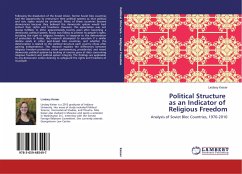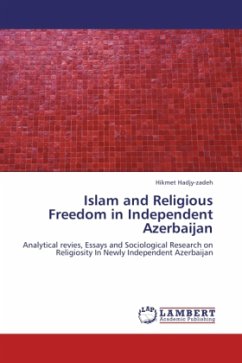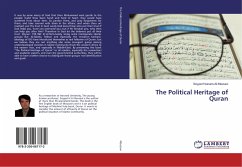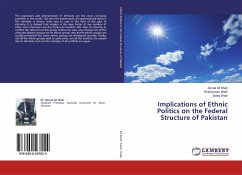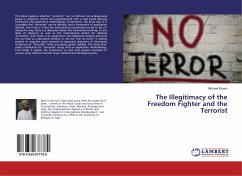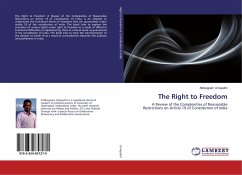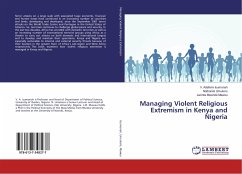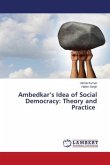Following the dissolution of the Soviet Union, former Soviet bloc countries had the opportunity to restructure their political systems so that political and civic rights would be protected. Many of these countries became democracies because they believed the democratic system would best protect their rights and freedoms. However, this expectation was not always fulfilled. In 2012, approximately twenty years after becoming a democratic political system, Russia was failing to protect its people s rights, including the right to religious freedom. In response to the deterioration of protection in Russia, this research attempted to ascertain if a similar decline exists in other post-Soviet bloc countries, and whether the deterioration is related to the political structure each country chose after gaining independence. This research explains the differences between religious freedom protection under parliamentary, presidential, and mixed democratic political systems by looking at twenty years of data concerning religious freedom and political system integrity. The findings are applicable to any democratic nation desiring to safeguard the rights and freedoms of its people.
Bitte wählen Sie Ihr Anliegen aus.
Rechnungen
Retourenschein anfordern
Bestellstatus
Storno

